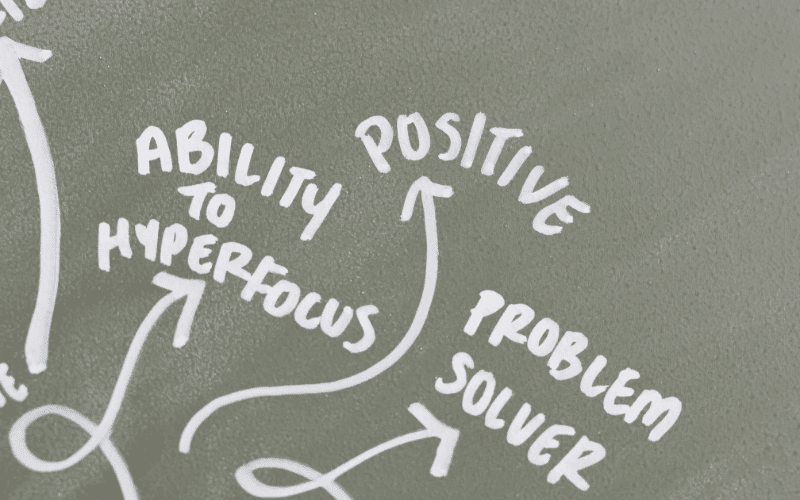Cause 10. Early Life Experiences: The Lasting Impact on Mental Health

Our early life experiences can have a lasting impact on our mental health and well-being, shaping the way we perceive ourselves and the world around us. Adverse childhood experiences, such as abuse, neglect, or parental mental illness, can increase the risk of developing depression later in life.
These early experiences can shape our beliefs, attitudes, and coping mechanisms, which can influence our vulnerability to depression. For example, individuals who experienced childhood trauma may be more prone to negative thinking patterns and low self-esteem, which can contribute to the development of depressive symptoms.
Treatment for depression related to early life experiences often involves therapy aimed at addressing the underlying beliefs and thought patterns that contribute to the condition. This may include cognitive-behavioral therapy (CBT), psychodynamic therapy, or other therapeutic approaches that focus on understanding and processing past experiences and their impact on current mental health.
In conclusion, early life experiences can significantly impact an individual’s risk of developing depression, and addressing the lasting effects of these experiences is essential for effective treatment and long-term recovery.